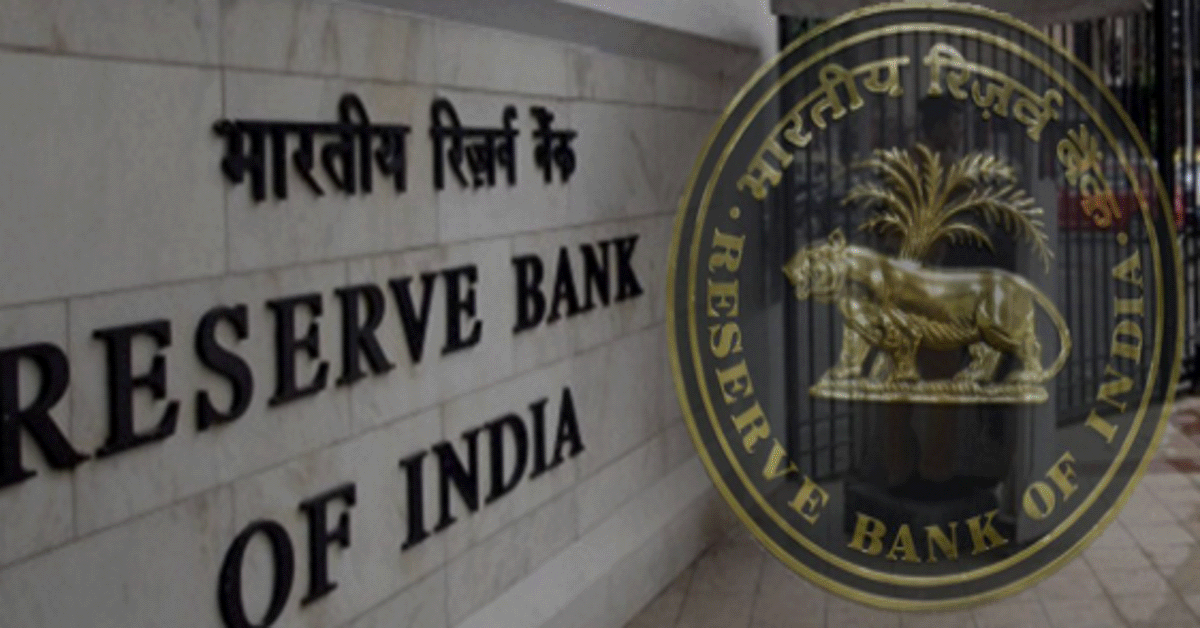The Reserve Bank of India (RBI) has introduced new regulations for Non-Banking Financial Companies (NBFCs) and Housing Finance Companies (HFCs) aimed at enhancing financial security and access for depositors.
Starting January 1, 2025, NBFCs will have to comply with new rules designed to improve deposit accessibility in emergencies. If you need to withdraw your deposit due to a serious emergency, such as a critical illness , the NBFC must return your full deposit within three months. However, withdrawals made under these circumstances will not earn any interest.
For regular premature withdrawals within the first three months, NBFCs can return up to 50 percent of the deposit amount, capped at Rs 5 lakh. These early withdrawals also won’t earn interest.
Additionally, the RBI has shortened the notice period for deposit maturity. NBFCs must now inform depositors 14 days before the deposit matures, compared to the previous two-month notice period. The RBI is also mandating improved security measures for NBFCs’ computer systems and regular audits to ensure compliance.
HFCs, which focus on housing loans, are also facing new regulatory updates to enhance financial stability and transparency. One major change is the increase in the minimum liquid asset requirement from 13 percent to 15 percent of public deposits. This adjustment ensures that HFCs maintain a higher proportion of their deposits in liquid assets, allowing them to handle withdrawal requests more effectively.
Furthermore, HFCs must now secure an ‘investment grade’ rating from credit rating agencies at least once a year. They are prohibited from renewing existing deposits or accepting new ones without this rating. Public deposits with HFCs must have a maturity period of at least 12 months and no more than 60 months. HFCs operating outside their state of registration face restrictions on accepting or renewing deposits unless they meet specific criteria.
Another key update extends investment restrictions on unquoted shares, previously applied to NBFCs, to HFCs as well. Deposit-taking HFCs are now required to establish internal limits for investments in unquoted shares of companies that are not subsidiaries or affiliates.
These new regulations are designed to safeguard depositors and promote more secure financial practices within the industry. For NBFC customers, these changes mean faster access to funds in emergencies, though without interest, and clearer notification about deposit maturity. For HFC customers, the new rules aim to ensure stricter financial management and greater transparency in housing finance.
Understanding these regulations helps you make informed financial decisions and ensures that your deposits are managed with greater safety. The RBI’s new rules aim to foster a safer and more reliable financial environment, providing better protection and clarity for depositors.

